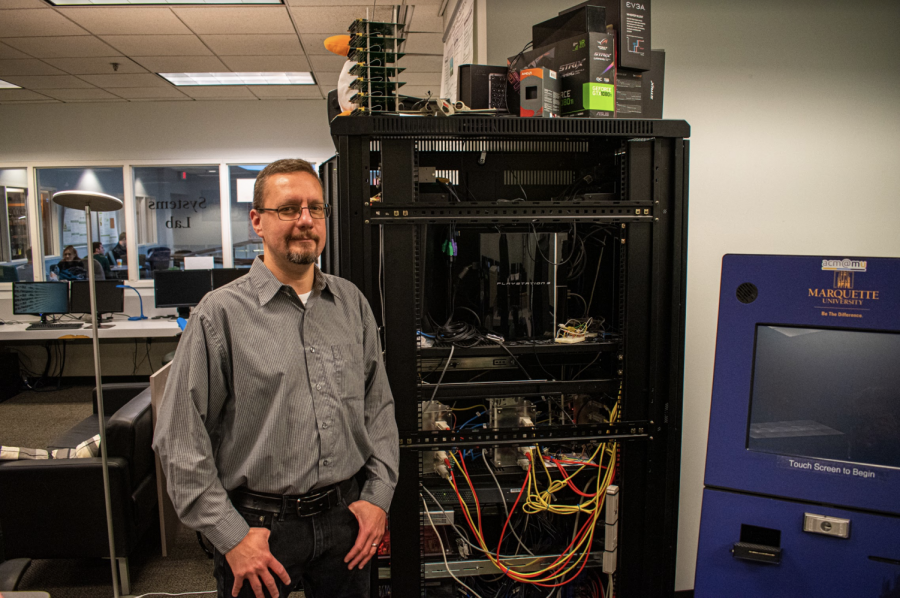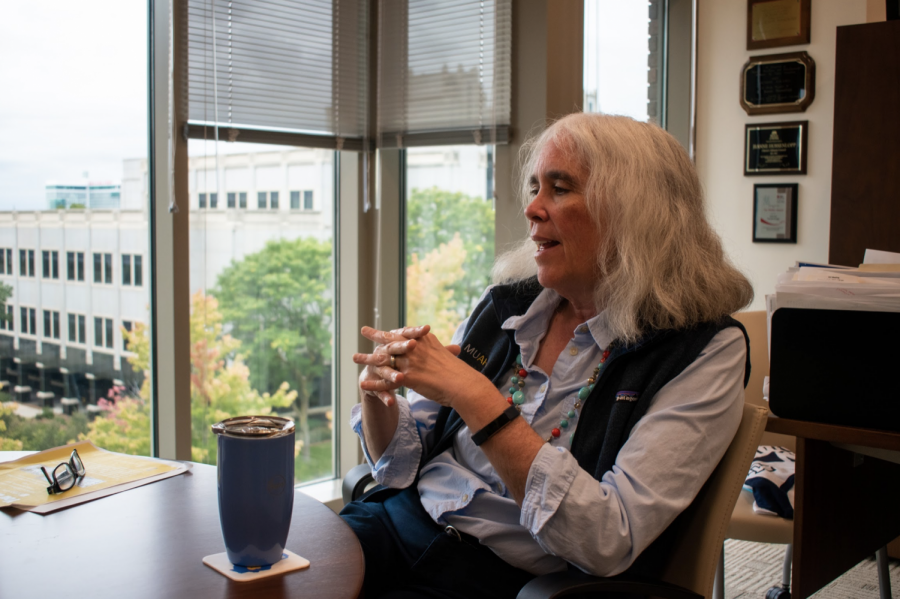The partial government shutdown that started Dec. 22 is already the longest in U.S. history, with no apparent end in sight. The shutdown has adverse consequences for higher education, especially interfering with students’ ability to pay for tuition and funding for research projects. Congress and the president must come to a budget agreement soon in order to prevent further damage to Marquette and universities around the nation.
A government shutdown occurs when there’s a delay in the approval of the federal budget for the upcoming fiscal year. Federal agencies must stop all functions deemed nonessential until new funding is passed. About 800,000 federal employees have been forced to go on unpaid leave or work without pay. These employees work for agencies like the Department of Agriculture, the Environmental Protection Agency and the Internal Revenue Service. They will get back pay, but not until the shutdown ends.
Given the high number of affected government workers, there are likely Marquette students whose family members aren’t currently getting paid. This is especially troubling for students who rely on these family members for financial help with the cost of tuition, housing, textbooks and other expenses.
Thankfully, the Department of Education released a memo announcing that students will still receive financial aid during the shutdown. However, many students are having problems receiving approval for FAFSA due to technical issues at the IRS, according to Inside Higher Ed. These technical issues have interfered with the Department of Education’s ability to receive income verification documents to prove eligibility for aid awards.
The shutdown’s effect on the national food stamp program could also be distressing for some students. The Department of Agriculture announced that food stamp benefits are guaranteed through February, but funding for March is uncertain. A 2018 study of Marquette students conducted by Noreen Siddiqui, a Doctoral Student in Educational Policy and Leadership found that about 20 percent of students experienced food insecurity in the past year. If the shutdown continues, these students’ ability to obtain food could become even more strained.
Students affected by the shutdown are likely experiencing greater stress than expected at the start of the second semester. Marquette should reaffirm its commitment to protecting their well-being and mental health. This could include announcing delayed payment dates for students with families in affected sectors of the federal government. It could also involve posting information on financial aid assistance and the availability of student nourishment programs.
In addition to students, there are likely faculty members experiencing the drawbacks of the shutdown. Many research projects rely on funds from federal agencies, such as the National Science Foundation. Marquette’s Department of Chemistry received a nearly $700,000 grant from the NSF in October, while a Marquette biology professor received $900,000 from the NSF in August.
Federal agencies like the NSF won’t give out new research funding during the shutdown, according to The Chronicle. Payments on existing grants and reviews of pending grant applications are also on hold. The ASBMB Policy Blotter, a science policy news blog, is keeping a running total of the shutdown’s effect on research grants at the NSF. Currently, $129 million worth of grant funding has been lost compared to last year.
The government shutdown has caused repercussions and uncertainties for colleges around the country. America’s lawmakers must come to a solution soon to ensure students can afford tuition and other necessities. An end to the shutdown will also resume progress on innovative research projects.









